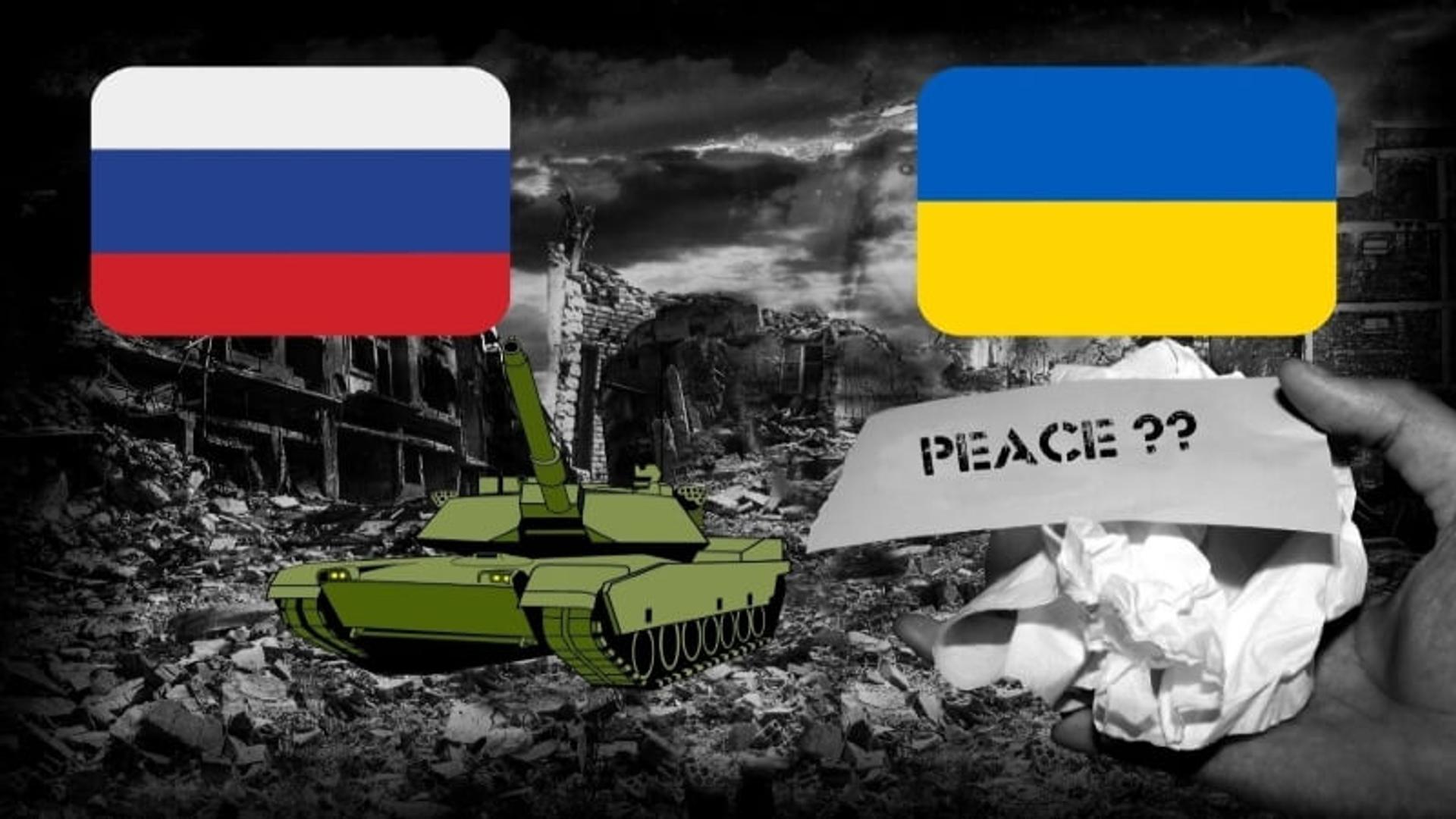Sanctions and the Impact of War on Financial Markets

azzy

War is one of the most significant and unpredictable economic forces, impacting both national economies and global markets. It can lead to shifts in trade, change the price of goods and commodities, impact exchange rates, and create disruptions in supply chains. Not to mention the fear, stress, and panic that it causes.
Global instability
The first step to understanding the economic impact of global instability is to understand how global markets react to geopolitical events. The recent turmoil in Ukraine, for example, has led to a spike in oil prices and a decrease in the value of stocks, commodities, and real estate in the United States. Russian President Vladimir Putin's decision to annex Crimea has also caused a significant increase in the value of Russian securities as investors clamor for safety.

The cumulative effect of these changes is that global markets are generally reacting with a "risk-on" mentality, and this will be felt throughout all sectors of the economy. The initial reaction to these events is often followed by a more subdued response as the market becomes more confident that the instability will not significantly impact global markets.
Sanctions
Economic sanctions are economic penalties imposed by a country on another country or other entities to coerce political action, such as halting trade or imposing economic sanctions.

Economic sanctions can be the result of an embargo and may involve banning the export of goods to the sanctioned region, a cutback in foreign aid, limiting credit and investment, or seizing assets. Sanctions are intended to influence the targeted country without causing massive economic damage.
Sanctions are one of the most powerful economic tools that can be used to influence the behavior of other countries because they can be imposed without having to use military force. They are usually put in place when trade wars escalate or international crises happen.
The United States, the European Union, and other countries that were allies of Ukraine have recently imposed sanctions on Russia. The sanctions are intended to limit Russia's access to foreign capital markets and impose limitations on Russian companies that do business with certain government entities.
These sanctions have had a very negative impact on the economy and business environment in these countries, and have undoubtedly impacted the lives of everyday Russian people.
Financial markets tend to be bearish during times of uncertainty and many investors lose money. There are many different strategies that can be followed, but I believe the safest is to simply remain calm and consistent. I don’t recommend trying to time the market to sell before an expected crash and then trying to buy back in at the bottom.
This is oftentimes nearly impossible to do, and you are typically better off continuing to invest your hard-earned money in good promising companies to dollar-cost average your shares while remaining patient. Don’t get emotional. In due time, the stock will likely bounce back and hit all-time highs again.
Frequently Asked Questions
How do sanctions impact global financial markets?
Sanctions can trigger market volatility, disrupt trade flows, cause currency devaluation, and reduce investor confidence, leading to declines in equity and bond markets.
Which sectors are most affected by war-related sanctions?
Energy, finance, and defense sectors are typically most impacted, with energy markets experiencing significant price swings due to supply disruptions.
What is the SWIFT system and why is its exclusion significant?
SWIFT is a global messaging network for financial transactions. Excluding banks from SWIFT limits their ability to conduct international payments, severely impacting trade and finance.
How do investors respond to increased geopolitical risk?
Investors often move assets to safe-haven investments like gold, U.S. Treasuries, and stable currencies during periods of heightened geopolitical risk.
Can sanctions have unintended consequences?
Yes, sanctions can cause collateral damage to global supply chains, increase inflation, and negatively affect economies not directly targeted.
Key Statistics
- Global equity markets lost approximately $2.3 trillion in value within two weeks of the escalation of the Russia-Ukraine conflict in early 2022. (Bloomberg, 2022)
- Sanctions imposed on Russia in 2022 led to a 45% decline in the Russian ruble’s value against the US dollar within the first month. (International Monetary Fund (IMF), 2022)
- The MSCI Emerging Markets Index dropped by 8.7% in the first quarter of 2022 due to war-related volatility and sanctions. (MSCI, 2022)
- Global oil prices surged by 35% in the first half of 2022, reaching over $120 per barrel, following sanctions on Russian energy exports. (U.S. Energy Information Administration (EIA), 2022)
- In 2024, over 1,800 new sanctions were imposed globally, with 65% targeting financial institutions and energy sectors. (Global Sanctions Database, 2024)
- The SWIFT ban on Russian banks in 2022 affected over $640 billion in cross-border transactions. (Society for Worldwide Interbank Financial Telecommunication (SWIFT), 2022)
- In 2025, the volatility index (VIX) averaged 23.5, up from 19.2 in 2021, reflecting increased market uncertainty due to ongoing geopolitical tensions. (CBOE Global Markets, 2025)